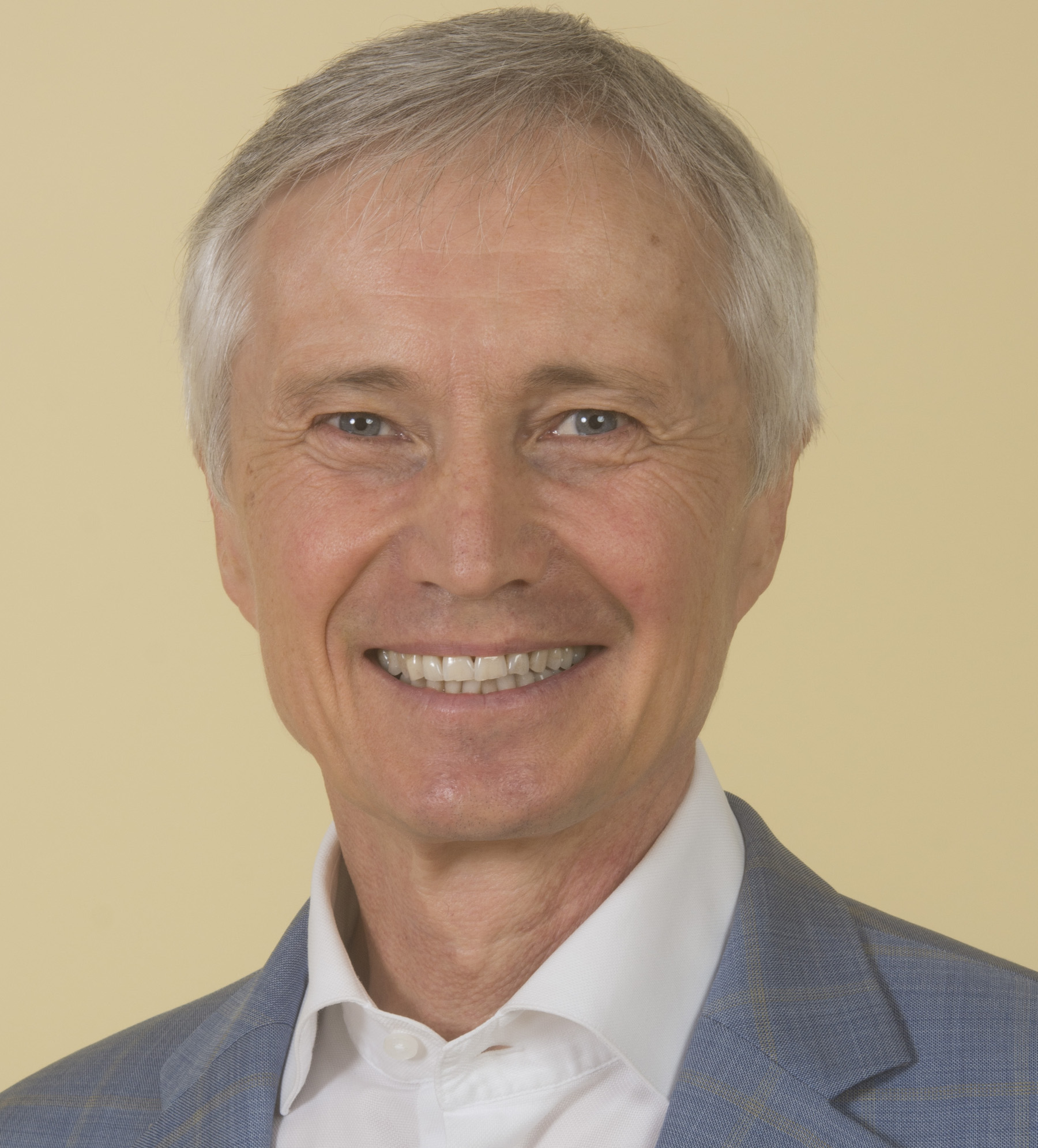Whether scientific facts are accepted as being really scientific depends mainly on whether they fit with the worldview of the person looking at them.
When we review whether a certain theory, or a certain worldview, is really scientific or not, there are a two important aspects: scientific facts, experimental support proving these facts and acceptance of these facts as being scientific. One doesn’t necessarily lead to the other. This has been known since Galileo’s time. He had sufficient scientific facts to prove that the sun doesn’t turn around the earth, but that it’s the other way around, and still nobody could accept this – on the contrary.
When people are attached to a certain worldview, then in general that worldview will determine what will be accepted as a “scientific fact” and what is considered quackery. When one runs into a research that contradicts everything one believes in, then it is a lot easier to assume that the research is wrong (= not scientific), than to assume that everything one has believed in so far is wrong. And if facts keep coming, than this is usually answered with an emotional reaction. And usually it happens that, the more the current worldview is challenged, the stronger the emotional reaction of those attached to that particular worldview. In a way, the process of science, even though it should be objective, is a lot more subjective (i.e. linked to human emotions) than one thinks.
A worldview is like glasses through which one looks at the world. When somebody is wearing pink glasses, then the world looks pink. Even if you would show that person a card with all different colors as “scientific proof” that there are many different colors, that person would still only see different tints of pink.
What is necessary, is a shock that makes the glasses fall off, but the older one gets, the more one is attached to certain glasses and the harder it becomes to take them off. This is why most big changes start with the younger generation.
Max Planck, the pioneer of quantum physics, wrote in his biography:
“a new scientific truth does not triumph by convincing its opponents and making them see the light, but rather because its opponents eventually die, and a new generation grows up that is familiar with it” (Max Planck, Scientific Autobiography and other papers, trans. F. Gaynor, New York, 1949, pp 33-34.)
So when one asks whether there is scientific support for the theories described here, the answer is: surprising how much. When we ask whether the scientific facts are accepted as really scientific, then the answer depends on whom one asks. Lots of scientists today are so stuck in their old worldview, that they are not able to accept the scientific proof that contradicts this worldview.
This just needs time. In general there are two conditions that have to be met before a new worldview can replace an old one.
1. The new worldview must be able to explain certain phenomena better than than the old theory.
2. The new worldview must have practical value. Applications of the new theory must provide solutions to problems that the current applications aren’t able to solve.
Throughout this site, you will probably discover that both these conditions are more than met. There are a lot of phenomena in life that can be much better explained by the theory described here, than by our current worldview and all the research around TM shows that this technique is able to solve a lot of problems for which there are no solutions today.
The social effects that have been observed with TM are the best example of this. This is definitely the strongest challenge of the old worldview, because such effects are only possible if our mind is indeed larger than our body. It is hence not surprising that there is a very large emotional resistance again this research, even if it is science of the highest quality and it has been published in the most prestigious scientific journals in social science. At the same time, this research clearly demonstrates that through the social effects of TM, we could solve almost all problems we face in today’s society.



